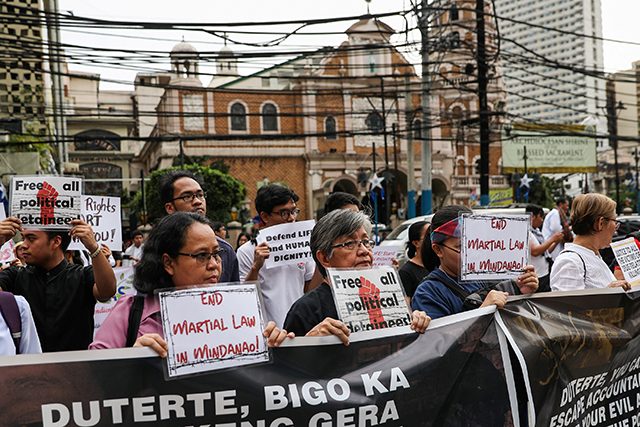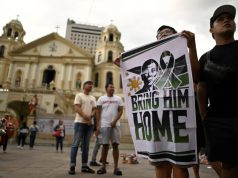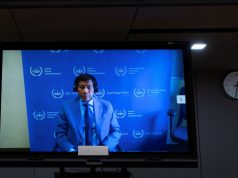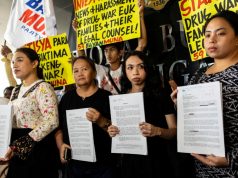
The Philippines will lift martial law in Mindanao at the end of this month, citing an improving security climate and a reduced threat of extremism two years after one of Asia’s biggest Islamic State-inspired attacks.
Martial law was imposed in May 2017 in response to a surprise attack on the city of Marawi by local and foreign fighters loyal to Islamic State. The rebels held the city for five months, fending off daily air strikes and ground assaults before their leaders were reported killed.
President Rodrigo Duterte heeded the advice of a leading defense official that was unanimously behind ending martial rule, and is confident that order can be maintained without it, his spokesman Salvador Panelo said on Tuesday.
“The people of Mindanao are assured that any incipient major threat in the region would be nipped in the bud,” Panelo told a regular briefing.
The move is expected to be welcomed across Mindanao, a region of 22 million people, where threats have been limited to mainly Muslim areas with a history of poverty, marginalization and separatist rebellion.
Though the government has cited success in dismantling the extremist networks, it is now faced with a sinister new threat from suicide bombings, which were previously unheard of in the southern Philippines.
There have been at least five attempted or successful suicide bombings since July last year in the Sulu archipelago, killing more than 40 people.
They include a twin bombing of a Jolo church and a van bomb detonated at a checkpoint on Basilan. Others targeted military outposts.
The country’s Muslim minority in January overwhelmingly voted in favor of creating Bangsamoro Autonomous Region in Muslim Mindanao, which will elect its own legislature and government and aims to end years of unrest and grievances.—Reporting by Martin Petty, editing by Ed Osmond









